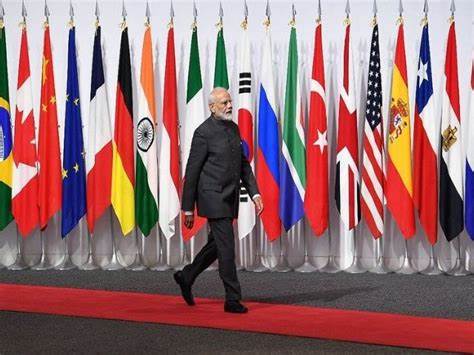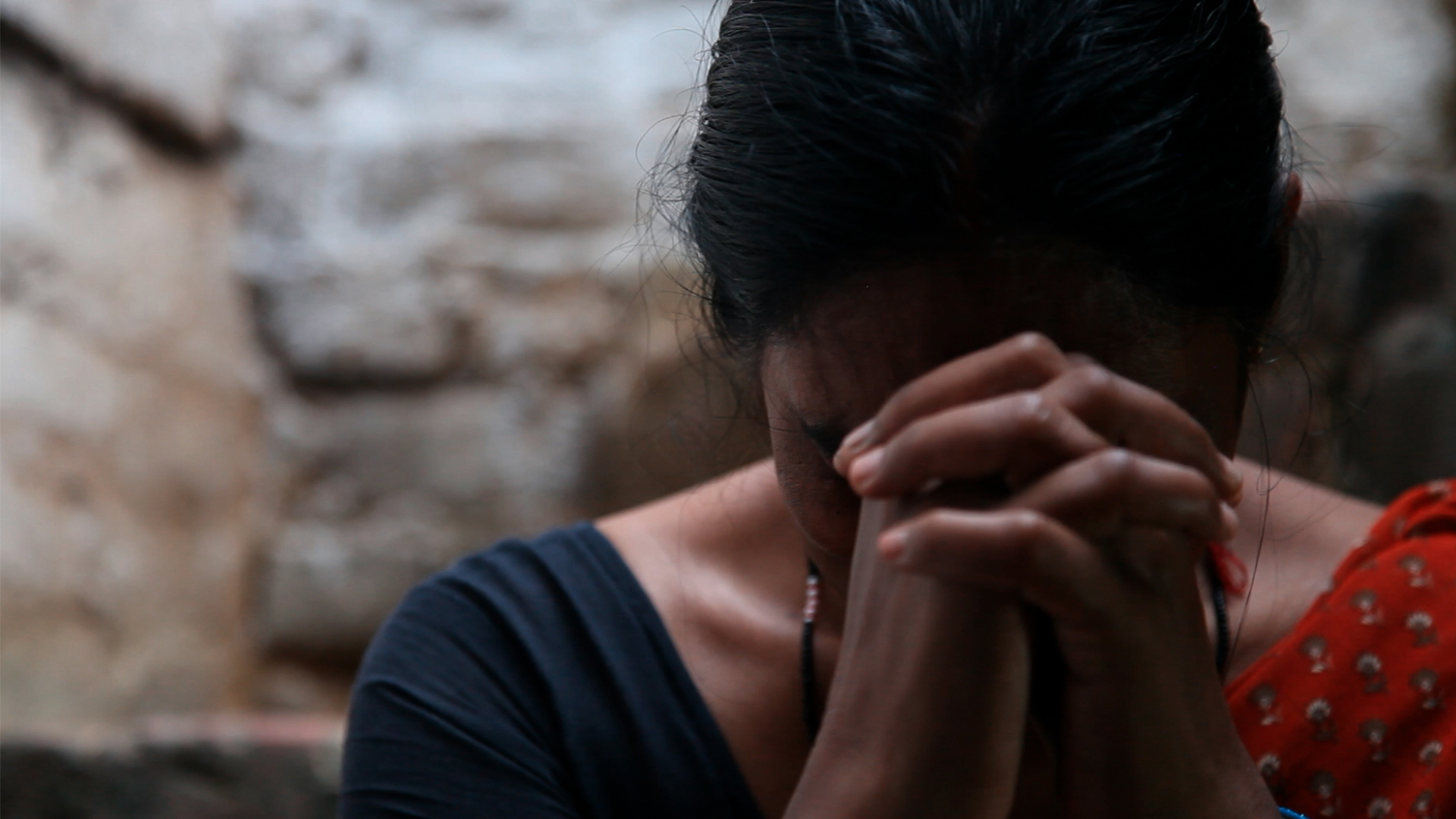As the G20 summit approaches, major hospitals in New Delhi are ramping up their preparedness to handle a range of emergencies, including nuclear, chemical, biological, and radiation incidents. The Union government has issued directives to prominent medical institutions such as AIIMS, Ram Manohar Lohia Hospital, Safdarjung Hospital, and the Army Hospital to be ready for various contingencies that may arise during the international event.
The city's hospitals are being tasked with scaling up their infrastructure to ensure they can effectively respond to potential crises. This move comes as New Delhi takes center stage as the host city for the G20 summit, where leaders and government officials from 20 nations, along with numerous foreign delegates, will converge.
To address the wide spectrum of potential emergencies, specific hospitals have been designated as nodal centers for distinct types of incidents. AIIMS, for instance, is gearing up to manage health emergencies stemming from nuclear attacks. Ram Manohar Lohia Hospital has been assigned the role of the nodal center for addressing victims of biological attacks, while Safdarjung Hospital is prepared to handle chemical-related emergencies. The Army Hospital, on the other hand, will focus on treating individuals affected by radiation-related trauma.
The importance of preparation is emphasized by the vulnerability of such high-profile international events to potential acts of terrorism. The concentration of top leaders and government officials from around the world makes the event a potential target for security threats. As a result, hospitals are gearing up for various scales of emergencies, from minor incidents to larger crises.
In line with their enhanced roles, these hospitals have been directed to maintain a comprehensive stock of blood from all blood groups in their blood banks. The Union Health Ministry's Emergency Medical Relief (EMR) unit is overseeing all necessary arrangements, including setting up nodal centers and developing the required infrastructure.
Dr. Sanjeev Lalwani, Medical Superintendent at AIIMS, revealed that preparations are well underway, with a focus on training healthcare workers to respond effectively to potential emergencies. The hospital is taking a phased approach, aligning with directions from the ministry, and is making sure to equip itself with dedicated beds, ICUs, ventilators, and operating theaters.
New Delhi's hospitals are leaving no stone unturned in their efforts to be fully prepared for any medical crises that may arise during the G20 summit. The focus on a range of emergency scenarios underscores the commitment to ensuring the safety and well-being of all attendees and residents during this significant international event.

 New Delhi's hospitals are leaving no stone unturned in their efforts to be fully prepared for any medical crises that may arise during the G20 summit. The focus on a range of emergency scenarios underscores the commitment to ensuring the safety and well-being of all attendees and residents during this significant international event.
New Delhi's hospitals are leaving no stone unturned in their efforts to be fully prepared for any medical crises that may arise during the G20 summit. The focus on a range of emergency scenarios underscores the commitment to ensuring the safety and well-being of all attendees and residents during this significant international event.












.jpeg)

.jpeg)










.jpg)




.jpg)

